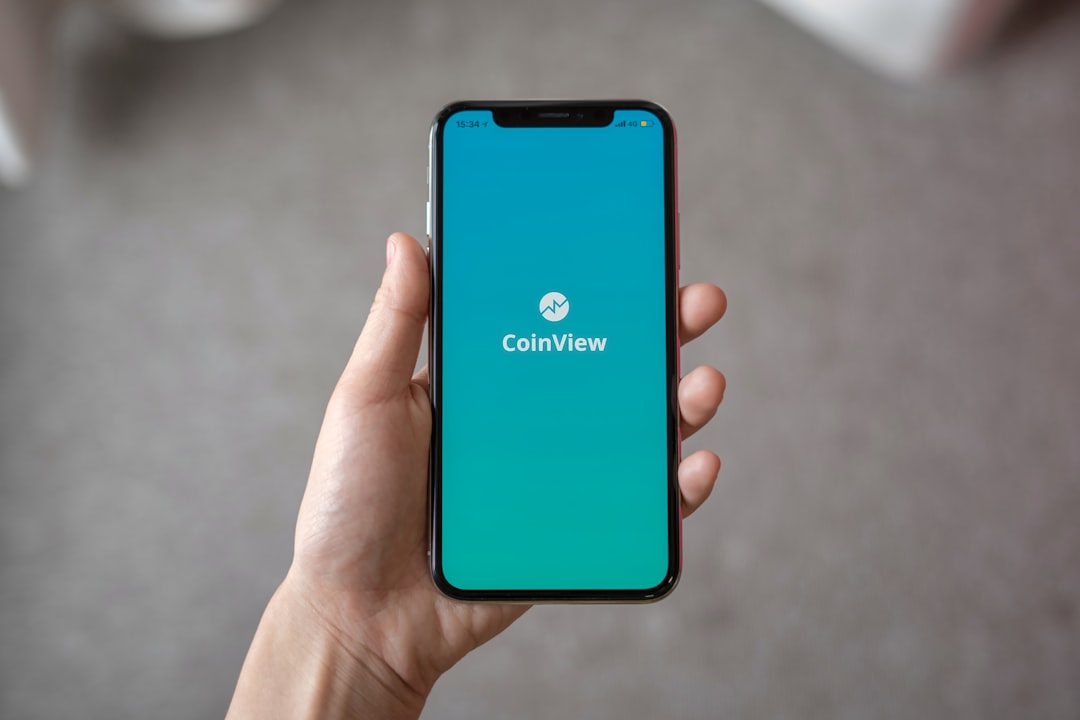Spam Call law firms in Alabama play a vital role in protecting consumer privacy and maintaining client trust by adhering to stringent state laws. These laws require caller ID transparency for sales calls, explicit consent from recipients, and the ability to opt-out, preventing legal issues and fostering positive customer relationships. By implementing these practices, firms save time, resources, and enhance their reputation, ensuring compliance in the digital age.
In an era where spam calls have reached epidemic levels, particularly within the legal sector, there’s a growing need for caller ID transparency. Alabama has implemented strict Spam Call laws, but many firms still struggle with compliance. This article explores the impact of these regulations on law firms and clients, offering insights into how to enhance transparency for solicitation calls. By understanding and implementing effective strategies, firms can better navigate the legal landscape and protect client privacy.
Understanding Spam Call Laws in Alabama

In Alabama, understanding and adhering to the state’s Spam Call laws is paramount for businesses and individuals alike. These regulations, designed to protect consumers from unwanted telemarketing calls, can significantly impact how legal entities conduct their marketing efforts. The key lies in ensuring that all outgoing sales or solicitation calls display a valid Caller ID, providing recipients with transparency and control over their communications.
Alabama’s Spam Call law firm ensures compliance by implementing robust systems to verify and authenticate call origins. This includes obtaining explicit consent from callers and allowing recipients the right to opt-out of future contact. By embracing these practices, businesses can avoid legal repercussions while fostering a positive relationship with their customers, demonstrating respect for their privacy and choices in the digital age.
The Impact on Law Firms and Clients

For law firms in Alabama, maintaining a strong reputation and client trust is paramount. However, the rising tide of spam calls has created a significant challenge. Caller ID transparency, when mandated for all solicitation calls, can dramatically impact their operations. By requiring clear identification of callers, it empowers clients to distinguish legitimate legal inquiries from unwanted marketing or fraudulent attempts. This simple measure can reduce the number of misdirected calls, saving firms valuable time and resources.
Clients, too, stand to gain from this transparency. They can make informed decisions when a law firm’s contact attempt is clearly distinguishable from spam. This ensures that clients are approached by verified professionals, fostering a sense of security and confidence in their legal matters. In an era where privacy concerns are high, caller ID transparency becomes a powerful tool to build and maintain the integrity of Alabama’s legal community, especially in the face of increasingly sophisticated spam call laws.
Implementing Transparency for Solicitation Calls

In today’s digital age, where communication has become more diverse and accessible, ensuring clarity and transparency in caller ID remains a paramount concern, especially for businesses engaging in solicitation activities. The implementation of robust systems to display accurate and verified information is not just a best practice but also a legal requirement under the Spam Call law firm Alabama regulations. By adopting technology that provides detailed caller IDs, including company names, contact numbers, and even call purpose, businesses can foster trust with potential clients.
This transparency empowers recipients to make informed decisions about whether or not to answer the call, reducing unwanted interactions and minimizing frustration. It also allows law firms in Alabama to maintain a professional image, ensuring that their solicitation efforts are seen as legitimate and respectful of consumer choices. Moreover, accurate caller ID information can significantly lower the likelihood of calls being flagged as spam, thereby increasing the effectiveness of marketing campaigns.






